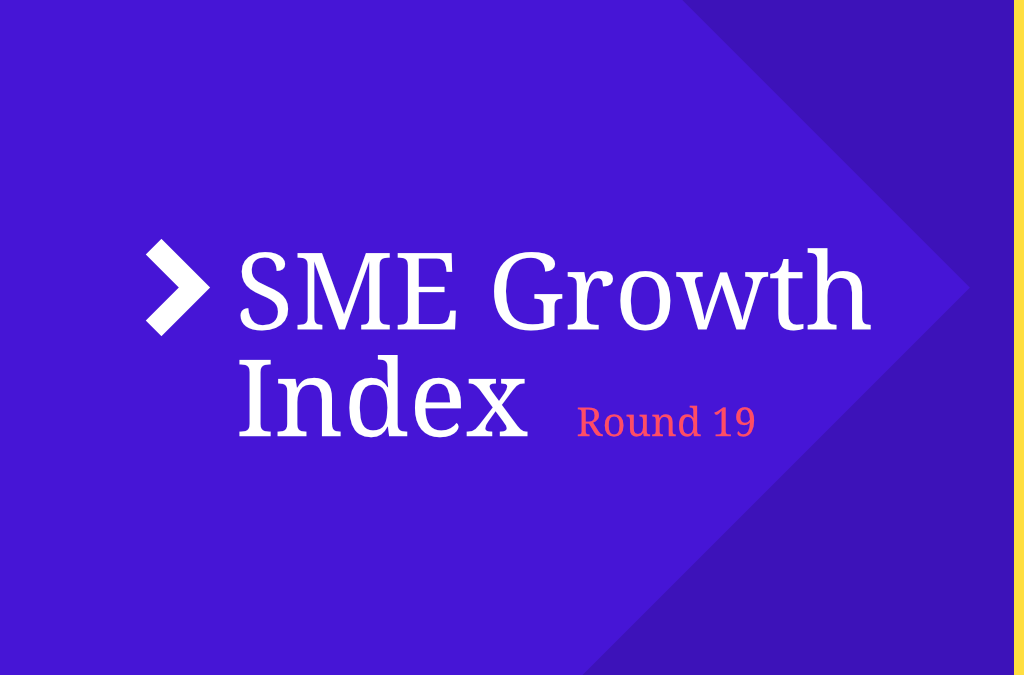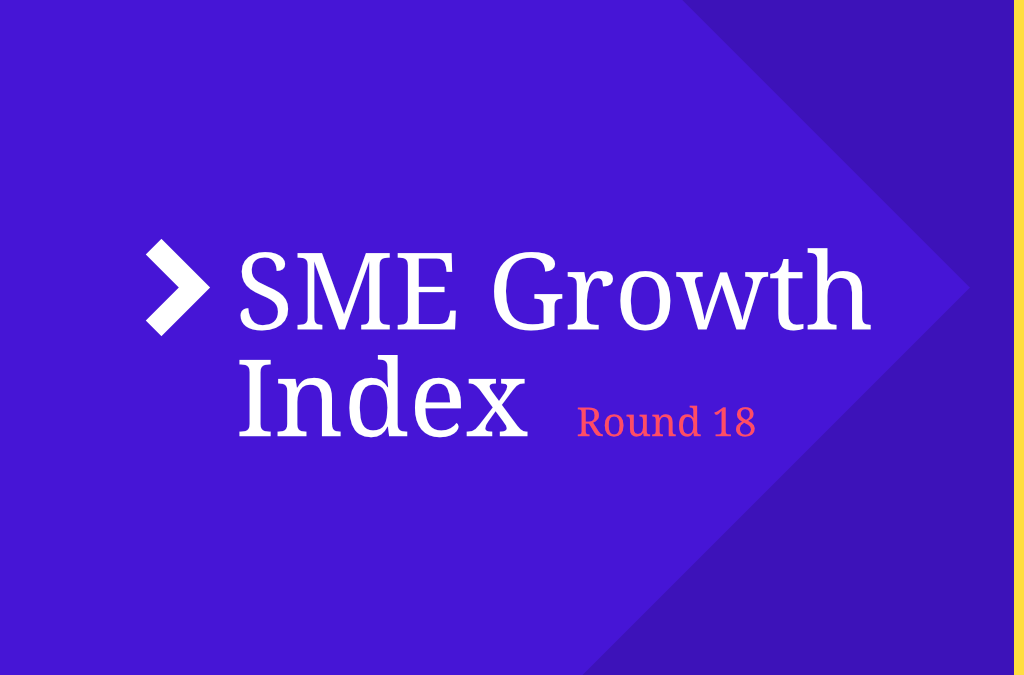Taking out a small business loan can be a game-changer for any small business looking to jump-start their growth and evolve to the next level. But before the big banks even take the time to understand your goals, you’re catapulted into a haze of foreign terminology and never ending documentation.
But it doesn’t have to be so hard.
As a non-bank lender, we believe in empowering small business owners through education, helping them gain the confidence and knowledge they need to navigate the waters and get the best possible results for their business.
So fear not. Because we’ve got your back. To get you started, we’ve broken down a few of the most common terms you’ll come across to help remove some of the mystique surrounding the world of lending:
Credit score
A credit score (sometimes referred to as a credit rating) is the result of an analysis of your credit report, summarised into a single number. Think of it as a number that represents the level of ‘risk’ the requested loan would pose to the lending institution.
It plays a huge part in the approval process, and a credit score is something both you and your business would have. Its score can be affected by anything from late re-payments, outstanding debt, and the number of previous enquiries against your credit history.
APR
An Annualised Percentage Rate (APR) is the most accurate and standardised form of loan assessment. By taking into account not only the repayment period, but also upfront fees, interest rates, and any ongoing monthly charges, an APR provides a more realistic overview of how much a small business loan is actually going to cost you over a one-year comparable term.
Unsecured loans
Unsecured loans are a line of credit taken over a fixed period without the need to offer property as collateral.
This means, even though the interest rates on unsecured loans tend to be higher (as there would be more risk to the lender), this type of loan is especially preferred by small business owners, as it means they don’t need to take on as much personal or corporate risk to secure the funding they need to help their business flourish.
Refinancing
Refinancing occurs when you change the terms of your small business loan agreement, essentially revising the deal you originally had in place.
This may include amending the previous rate or adjusting the repayment period to adapt to changes in your business’s circumstances. For example, should the rates become more favourable after an agreement has been made, a small business loan holder can apply to revise the original interest rate or establish a new payment schedule in pursuit of additional savings.
Non-bank lender
Business Fuel is the perfect example of a Non-bank Lender. As the name suggests, Non-bank Lenders are usually smaller, more boutique financial lenders rather than large, banking institutions. While the big banks can certainly offer more competitive pricing due to their extensive resources, Non-bank Lenders can make it much easier, faster, and more flexible for a small business to secure the loan they need. Sometimes a loan with us can be approved, with the money landing in your account within 48 hours! While banks require mountains of paperwork and a processing time of several weeks to see whether your loan is approved, Non-bank Lenders can usually give you an answer within a matter of hours.
See? – not so scary after all!
If you’re wondering how a small business loan could help you kick-start your growth, apply for a Business Fuel loan here and we’ll show you just how easy it can be to get the financial support you need.



